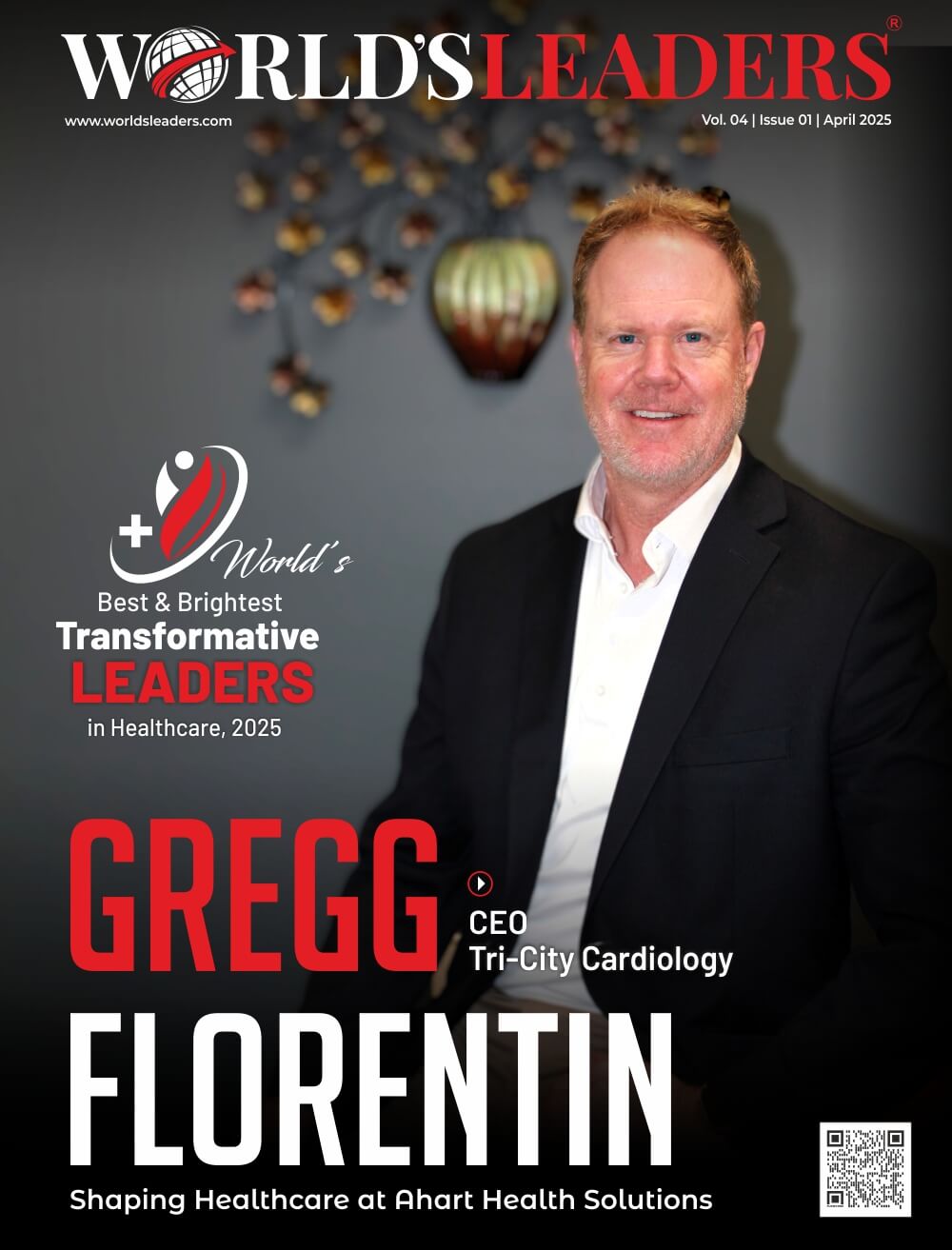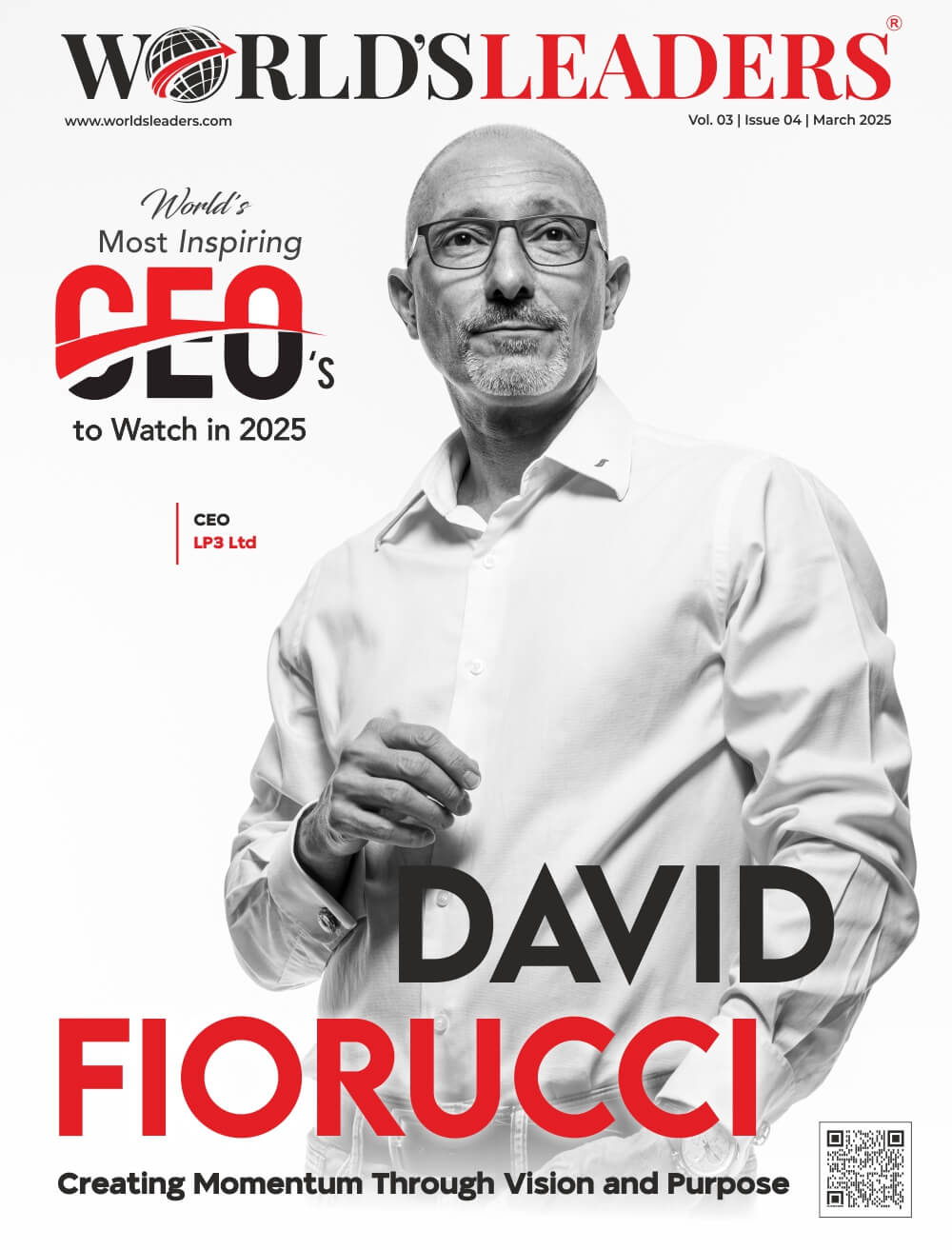In an effort to change the current business system, which is primarily focused on financial accounting, John Elkington, an author and entrepreneur, developed the triple bottom line (TBL) concept in 1994. The triple bottom line hypothesis broadens the definition of business success indicators to take into account contributions to social, economic, and environmental well-being. The bottom line is comprised of three categories: People, Planet, and Prosperity (Profit). This idea demonstrates how a company cannot account for all of the costs of doing business and will ultimately fail if it is solely focused on profit, ignoring people and the environment. Meet Fanny Picard, the founder and CEO of Alter Equity, who embodies the “3P” philosophy of aggressively pursuing both responsibilities and financial returns.
The Emergence of Alter Equity
Fanny obtained degrees from the French business school ESSEC, the SFAF certification programme, and the law master’s programme. She is the former listener at the “Collège des Hautes Etudes de l’Environnement et du Développement Durable” sessions. She specifically taught business evaluation and financial analysis at Sciences Po Paris. She began her career in Paris at the M&A division of Rothschild & Co. She has held the positions of Danone Director of Mergers & Acquisitions for Western Europe and Northern America as well as Chief Investment Officer and Managing Director of the French listed investment company, Wendel.
Fanny began establishing Alter Equity, an ethical investing fund, in 2007. She initially intended to establish a fund to assist young people in underserved areas with funding their activities. Then she met Alain Grandjean, an energy and climate expert, who helped her realize the seriousness of environmental disruption. Hence the concept of establishing an investment fund that would benefit both people and the environment. The early stages of Alter Equity were challenging. Responsible finance was not yet accepted by the financial markets.
“There was the 2008 crisis and then I had a child. I managed to complete the closing of Alter Equity’s first fund in July 2015; that is nearly nine years of fund raising! ” – Fanny claims.
Alter Equity
Alter Equity has a distinctive and ground-breaking position in the French private equity market, constricting its investment to a double beneficial impact on society through their activities: the portfolio firms’ products and services must help to resolve social or environmental concerns; and through their business operations, the portfolio companies must commit to continual progress in terms of responsible business practices, through the adoption of an “ESG Business Plan” including 10 to 15 KPIs. Its innovative role in impact finance and the consistency of its ESG approach set it apart when it comes to generating deal flow, convincing company managers to engage with Alter Equity, and assisting entrepreneurs in growing their businesses and enhancing their financial performance as well as maximizing their impact and their ESG practices.
Currently, alter equity is overseeing two funds: alter equity3P, a first vehicle with €41,5 million that has been fully invested in twelve companies, and alter equity3P II, a second fund with €110 million that is currently investing. The final closing for alter equity3P II took place in February 2020.
Success Values
Fanny Picard is a staunch believer in ambition and perseverance. Alter Equity’s success can be attributed to this combination of values. Her primary personal values are responsibility and courage. She struggled to raise funding for her firm for nine years when she first launched it. Following the 2008 stock market meltdown, her address on corporate social responsibility was met with skepticism. She tried to convince the hesitant investors that general interest and financial return could be compatible.
Fanny and her teammates substantially exceeded their €70m target with the second fund in 2020. They even had to lower some of their subscriptions in order to avoid raising €110 million. This current round demonstrates that the impact theme is of rising interest to investors and that their track record in this market has helped them build trust. They are especially pleased with their impact statistics, which show that Fund I and Fund II portfolio companies avoided the emission of more than 3.1 million tons of CO2 equivalent, accounting for 0.7% of French emissions of 420 million tons per year, and that women entrepreneurs led one-third of Fund I portfolio companies, a record for French VC funds.
Notion of Impact
The notion of impact is the most important key characteristic of corporate culture. Through the selection of start-ups whose goods or services address the most pressing environmental and social issues of the modern day, Alter Equity seeks to invest in the common good and facilitate the required transitions. With Alter Equity, Fanny seeks to maximize the long-term interests of all parties involved, including shareholders, employees, the environment, customers, suppliers, and regions, while minimizing negative externalities.
Each recruit receives training on the new equity investing technique, which incorporates ESG factors into both the activity’s impact and its use of more ethical business methods. Furthermore, members of the investment team attend conferences or training on specific ESG components such as climate change, biodiversity, social inclusion, mobility, and so on a regular basis.
Innovation
The core of Alter Equity’s DNA is innovation. In order to pursue a dual social and environmental responsibility, Alter Equity was the first French private equity investor to use the term “impact investment” not only in France but in Europe. With its second fund, Alter Equity continued to push the envelope by structuring an optional share that would allow investors to cap their financial returns at 5% and donate the excess return to the preservation of built and environmental heritage. Additionally, Alter Equity is making its investment contingent on the company completing a carbon footprint assessment. It is requiring its investors to open their capital to all of its employees and pledging to donate 1% of their annual revenue to initiatives that benefit people or the environment.
“We are proud to have paved the way and to inspire with renewed innovations towards an inclusive, generous, and sustainable economy.” –says Fanny.
Promotes Team Work
Being surrounded and led by the right people is crucial while running a company. Four partners at Alter Equity, Marianne Siméoni, Gilles Geoffroy, Félix Mounier, and Marion Chanéac, are assisting Fanny with the operational management of the funds as well as the strategic vision of the management firm. Additionally, they have a strategy committee that consists of investors with significant business experience.
Fanny and her team also rely on their committee of experts, who provide them with environmental advice. With 9 employees, Alter Equity is still a startup that is entirely focused on sustainable financing.
“The satisfaction of the entrepreneurs we support is also essential. They tell us that they are proud that we are their shareholders. This means a lot to our entire team. And the enthusiasm of our subscribers carries us to go always further.”-Fanny declares.
She also states, “All the team as well as all our shareholders are individual pioneers and heroics!”
Professional Commitment
A woman with a strong urge to act is Fanny Picard. She had the ambition to improve the world by becoming the president of France when she was 20 years old. She is actively engaged in the struggle against environmental instability and global warming. She is compelled by a strong social conscience in addition to being a steadfast humanist. Her primary source of motivation as a leader is the contribution that Alter Equity makes to funding ethical enterprises and promoting the adoption of ecologically and socially responsible solutions.
The finest piece of advice from Fanny is to actively work to change the business model and management procedures as you go forward toward more social and environmental responsibility. Adopting this mindset is essential because it is what customers and employees are demanding from businesses and because we, as humans, have no other alternative given the effects of global warming and societal suffering.





